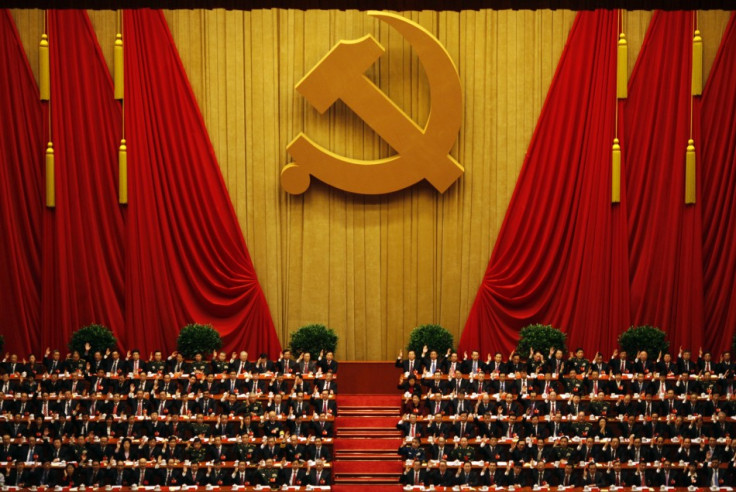China's Bribery Culture Poses Massive Risks for Multinational Companies

Foreign multinationals doing business in China have been caught in an increasing web of corruption scandals that has forced the intervention of US regulators.
Three companies in particular, JPMorgan Chase, GlaxoSmithKline and cosmetics firm Avon Products, have recently been involved in corruption scandals.
US regulators are examining JPMorgan's habit of hiring the children of well-connected politicians in the Asia-Pacific region to alllegedly help acquire business.
JPMorgan will not manage China Everbright Bank's imminent $2bn (£1.2bn, €1.5bn) Hong Kong IPO, because of a probe by US authorities into the bank's hiring practices in China.
The bank is being investigated by the US Justice Department and Securities and Exchange Commission (SEC).
Specifically, regulators are examining the hiring by JPMorgan of the daughter of former Chinese prime minister Wen Jiabao, which was done through her little-known consultancy business and under an alias.
GlaxoSmithKline (GSK) is at the centre of investigations by Chinese authorities into corruption and bribery in the pharmaceutical industry.
In July 2013, Chinese officials revealed that four China-based senior executives at British drugmaker GlaxoSmithKline channelled millions of pounds in bribes through travel agencies and consultancies.
The Ministry of Public Security (PSB) said that the unnamed GSK executives routed 3bn yuan (£324m, €375m, $489m) in bribes to doctors through travel agencies and consultancies to illegally boost sales and to raise the price of its medicines in China.
In addition Avon Products has spent more than $300m helping the US investigate whether its employees bribed officials in China and other countries.
In an October 31 filing, Avon said possible fines could hurt earnings.
These three scandals underscore the difficulty of doing business in the one party state.
Chinese Reforms
Some 42 defendants have faced actions involving conduct in China since the Foreign Corrupt Practices Act (FCPA) was passed in 1977, according to Danforth Newcomb, an attorney at the firm Shearman & Sterling, which represents clients in FCPA matters.
This is second only to Nigeria which has seen 55 such cases.
The issue of corruption has become so serious that it was a major theme at the third plenary session of the 18th congress of the 205-member Communist Party of China (CPC) central committee in Beijing.
The key political meeting was the first of its kind to be held under the presidency of Xi Jinping and attended by the new generation of Chinese rulers, who were appointed by the central committee in November last year.
Alongside reforms to end China's labour camp system, sweeping economic reforms were announced to try and bring more transparency to China's economic culture and model.
US Perspective
In recent years, US authorities have cracked down on a number of multinationals involved in corruption scandals and have encouraged Chinese authorities to take the issue of corruption involving public officials and private companies more seriously.
This relates back to the US's 1977 Foreign Corrupt Practices Act that is enforced by the Justice Department and Securities and Exchange Commission.
It bans payment of money or anything of value to foreign officials to obtain or retain business or gain an improper advantage.
Pfizer, the world's biggest drugmaker, paid $60.2m in 2012 to settle claims that it bribed doctors and other health-care professionals in China and seven other countries.
IBM paid $11m in 2011 to resolve an SEC case involving China and South Korea.
China's bribery culture is deep-rooted and occurs at a cross over between multinational businesses and local level intermediaries.
The country's contract law is also problematic regarding money changing hands between Chinese officials and employees of foreign multinationals, noted a report by Bloomberg.
The Department of Commerce has been encouraging the Chinese government to enforce a 2011 amendment to its criminal law, making it a crime to bribe officials in international public organisations and governments outside of China.
In October 2013, officials from the Commerce, Justice and State departments went to China to encourage the country's officials to implement the amendment.
They also wanted to convince Chinese officials to join an anti-bribery convention agreed to by 34 members of the Organisation for Economic Co-operation and Development and six other countries.
© Copyright IBTimes 2025. All rights reserved.






















